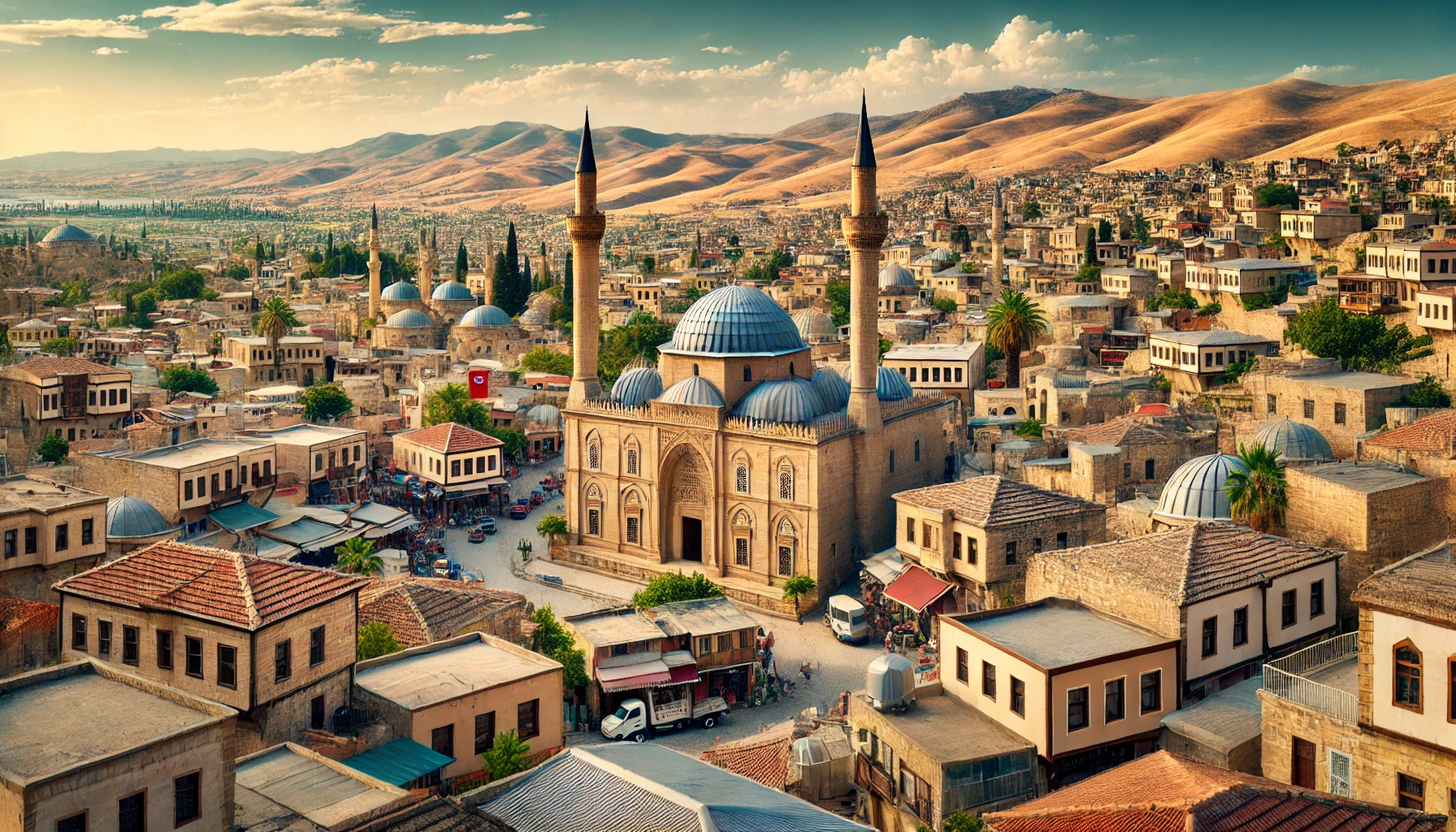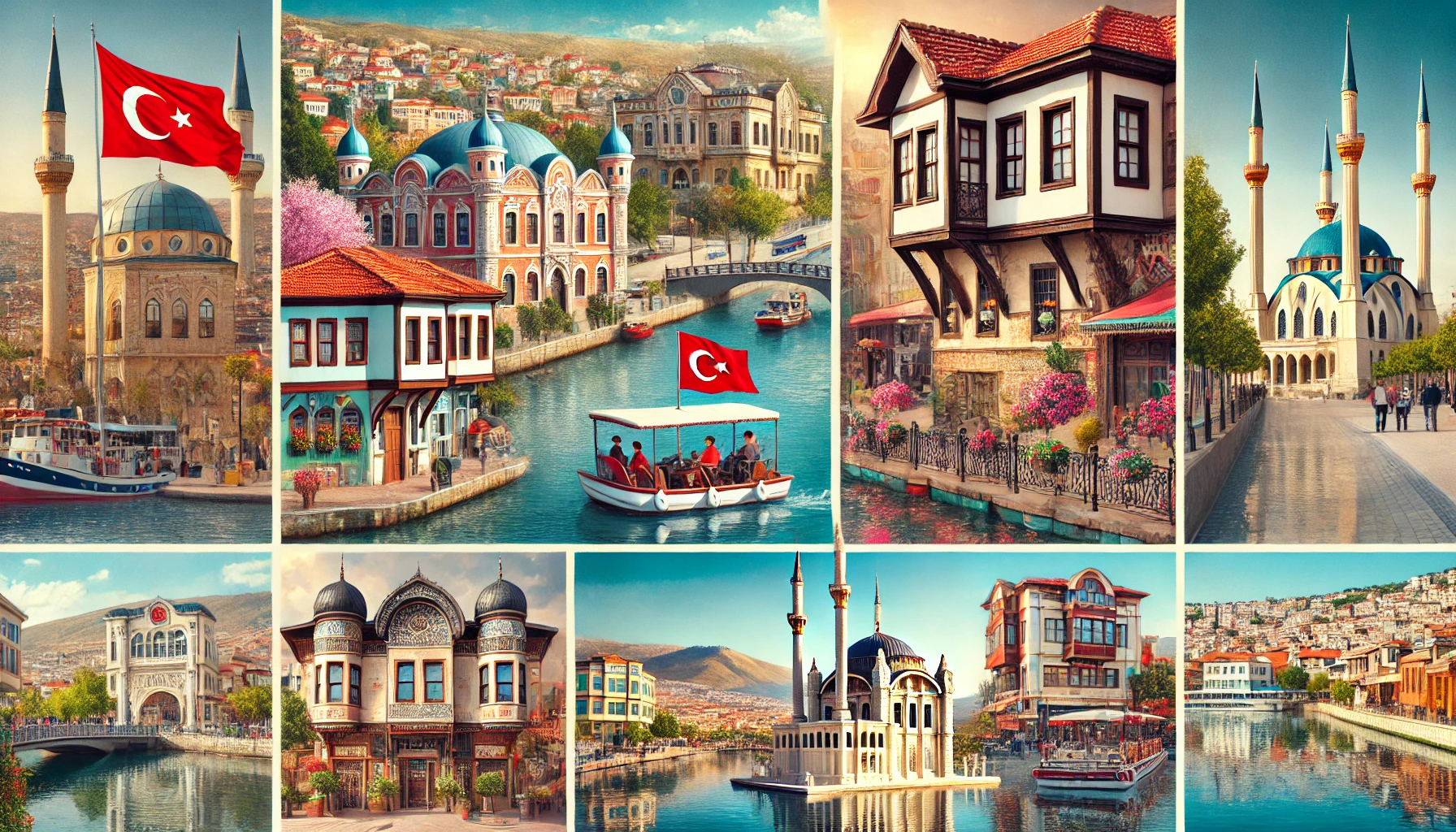Emergency Numbers in Turkey
Essential Contacts for a Safe Holiday
Turkey keeps evolving every day for the convenience of vacationers who want to spend a relaxing and pleasant holiday. Whether you’re exploring the bustling cities, enjoying the beautiful beaches, or adventuring in the great outdoors, it’s important to know the emergency numbers available to you in case of an emergency. The following is a list of emergency numbers that are available 24/7.
Major Emergency Numbers
112 Medical Emergency / Ambulance
For any medical emergencies requiring an ambulance, dial 112. This number connects you to emergency medical services across Turkey.
110 Fire
In case of a fire, dial 110 to reach the fire department. They will provide immediate assistance to control and extinguish fires.
155 Police
For any situation requiring police assistance, such as crimes, disturbances, or any other public safety concerns, dial 155.
154 Traffic
For traffic-related emergencies, accidents, or assistance on the road, dial 154 to connect with traffic services.
156 Gendarmerie
The Gendarmerie handles law enforcement duties in rural areas. Dial 156 for assistance in non-urban regions.
159 Highway Department
For any issues or emergencies on highways, such as accidents or obstructions, dial 159 to reach the highway department.
158 Coast Security
For emergencies along the coast or at sea, dial 158 to connect with the coast guard for immediate help.
113 Medical Care
For general medical care needs that are not life-threatening, dial 113.
114 Poison Emergency
In case of poisoning or suspected poisoning, dial 114 to reach the poison control center for immediate advice and assistance.
177 Forest Fire
For forest fires or related emergencies, dial 177 to reach the forest fire department for rapid response.
Conclusion
Having these emergency numbers handy ensures that you can get the help you need promptly in any emergency situation. Turkey is committed to providing a safe and enjoyable environment for all vacationers, with a robust emergency response system in place. Keep this list of emergency numbers accessible during your stay for peace of mind and a relaxing holiday.






